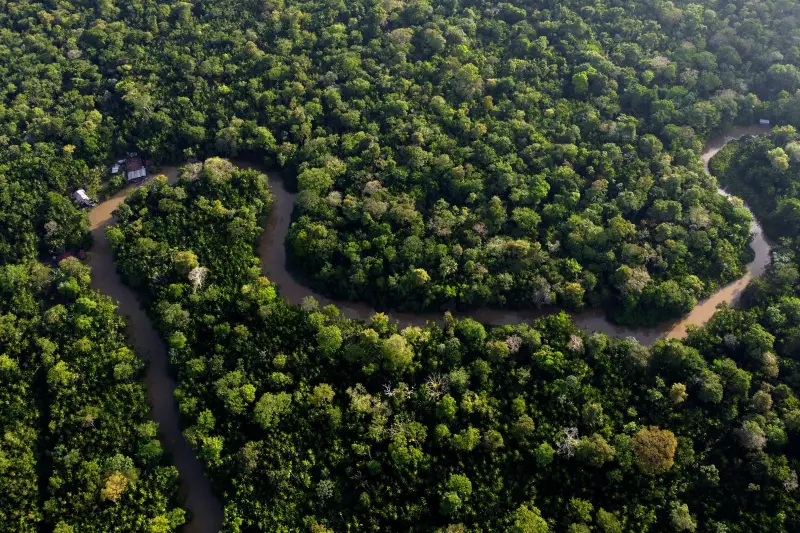
Deep in the heart of the Amazon rainforest, a silent health crisis is unfolding, with illegal gold mining operations leaving a devastating legacy in the most vulnerable population—newborn babies. Canadian researchers have uncovered disturbing evidence linking mercury contamination from these mines to increased rates of birth defects and developmental disabilities.
The Toxic Legacy of Gold Mining
For years, indigenous communities living downstream from illegal mining operations have reported concerning health patterns among their children. Now, scientific research is confirming their worst fears. The mining process uses mercury to separate gold from sediment, creating a toxic byproduct that contaminates rivers and enters the food chain.
"We're seeing clear patterns of neurological and physical abnormalities in babies born to mothers who consumed contaminated fish during pregnancy," explains lead researcher Dr. Larissa Farias. "The mercury doesn't just disappear—it accumulates in the environment and in human bodies."
Alarming Findings from Groundbreaking Study
The research team documented several concerning trends in communities exposed to mining pollution:
- Significantly higher rates of cerebral palsy and motor function impairments
- Increased incidence of vision and hearing problems in newborns
- Cognitive developmental delays appearing in early childhood
- Physical birth defects affecting multiple body systems
What makes this situation particularly troubling is the persistence of mercury in the environment. Even after mining operations cease, the toxic metal remains in river sediments and continues to contaminate fish—a staple food for local communities.
A Race Against Time
Researchers emphasize that this isn't just an environmental issue—it's a public health emergency affecting generations. The developing nervous systems of fetuses and infants are especially vulnerable to mercury's damaging effects.
"We're witnessing what could become a lost generation in some communities," notes environmental health specialist Dr. Marcos Oliveira. "Children who should be running and playing are struggling with basic movements and cognitive functions."
Global Implications and Local Solutions
While the research focuses on Brazilian Amazon communities, the findings have broader implications. Gold mining using mercury occurs in many tropical regions worldwide, suggesting this health crisis could be more widespread than previously recognized.
The research team is calling for immediate action on multiple fronts:
- Strengthened enforcement against illegal mining operations
- Health monitoring programs for at-risk pregnant women and children
- Alternative livelihood programs to reduce dependence on mining
- International cooperation to address the global mercury trade
As the scientific evidence mounts, researchers hope their findings will spur governments and international organizations to take decisive action before more children pay the price for gold with their health.





